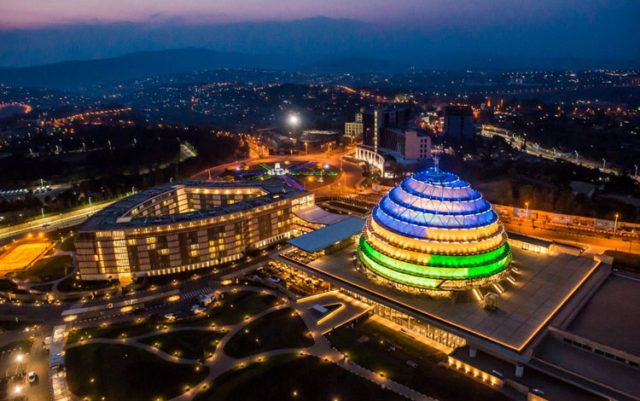
- Rwanda is in advanced discussions with an Indian company to locally produce phytomedicines.
- Life Care Phyto Labs” is the Indian company that will set up the phytomedicine plant in partnership with local company, Bold Regains International Ltd.
Rwanda is in advanced discussions with an Indian company to locally produce phytomedicines. Phytomedicines are plant based drugs produced from parts of plants such as roots, stems, leaves, flowers, and seeds.
The estimated cost of the proposed plant to set up in Huye district is around $4 million and $6 million according to National Industrial Research and Development Agency (NIRDA). Christian Sekomo Birame the Director General of NIRDA said that a team of experts will identify areas of cooperation and ensure the implementation soon. The plant is expected to be completed and become operational by the end of this year. Life Care Phyto Labs” is the Indian company that will set up the phytomedicine plant in partnership with local company, Bold Regains International Ltd. The investing company will support in training farmers on growing the herbs.The government has also committed to providing land.
Prof. Dr. Aanaimuthu Rajendran who owns the Life Care Phyto Labs said that his company is in the process of securing the land and work. It will then sign a contract with NIRDA on leveraging the existing equipment and laboratories. Olivier Kamana, the Head of Research and Development at NIRDA revealed that 100 hectares of land has been earmarked for growing medicinal plants. The herbs will be used for producing medicine and food supplements. About100 types of herb seeds will be used while 18 other species will be imported from India.
A recent audit by NIRDA revealed that currently, the local phytomedicine sector lacked effective quality control, standardisation of products, or effective use of applied technology. Many phytomedicines are imported that could be locally produced as part of a “Made in Rwanda” policy. NIRDA prioritises research on drugs based on local raw materials to enable the Rwandan population to obtain high-quality medicines at an affordable price.











